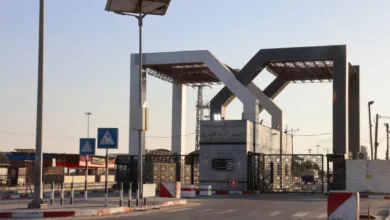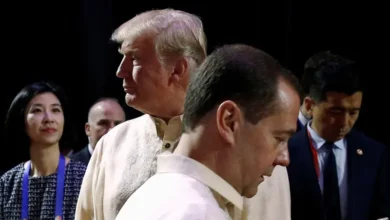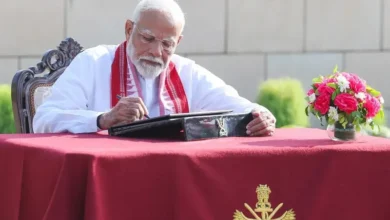Twitter fulfilling more government censorship requests under Musk

Twitter complied at least partially with almost every government request to take down content after Elon Musk, a self-described free speech absolutist, took over the platform, Twitter’s self-reported data shows.
The social media giant fully or partially complied with 98.8 percent of takedown requests it received from October 27, the date of Musk’s takeover, to April 13, including hundreds of requests from Turkey and India, which have faced criticism for silencing critics.Twitter fully complied with 808, or 83 percent, of requests and partially did so with 154, or 15.8 percent, according to Twitter data compiled by the Berkman Centre for Internet Society at Harvard Law School.
Twitter did not report rejecting a single takedown request during the period, although it did not report the outcome of nine cases.
Turkey was responsible for half of all the takedown requests, followed by Germany and India, which accounted for 26 percent and 5 percent, respectively.
The data raises questions about Musk’s stated commitment to safeguarding free speech, which the billionaire chief executive of Tesla invoked as a key reason for purchasing the site last year for $44bn.Under Twitter’s previous ownership, the social media site complied with government takedown requests at a lower rate.
Twitter fully complied with 440, or 50 percent, of requests and partially complied with 377, or 42 percent, during the 12-month period before Musk’s takeover.
Turkey was also the biggest source of these requests at 27 percent, followed by South Korea with 20.6 percent and India with 12.8 percent.
Corynne McSherry, legal director of the digital rights group Electronic Frontier Foundation, said the development was cause for concern.“As Twitter’s own previous reports and actions show, government takedown requests are frequently legally flawed or improper, and even lawful requests may conflict with international freedom of expression principles,” McSherry told Al Jazeera.
“And while many have abandoned Twitter, it remains a powerful and important platform internationally, particularly for journalists and human rights defenders,” she said. “Further, if Twitter is complying so quickly with takedown requests, one has to wonder what other government requests Twitter is fulfilling without protest.”
The rise in government takedowns follows a series of shakeups Musk has undertaken at Twitter, including slashing the workforce by 80 percent to around 1,500 employees and axing the company’s entire human rights team.
Twitter has also shuttered many of its regional offices, including in India, where the administration of Prime Minister Narendra Modi has introduced sweeping measures to regulate the internet and social media.
Twitter has not published an internal transparency report on government removal requests since July, and data has instead been collected through automatic submissions from Twitter to the Lumen database.
Jyoti Panday, a researcher at the Internet Governance Project at the Georgia Institute of Technology, said business concerns at Twitter appeared to be taking precedence over human rights.
“Elon came in and disbanded a lot of crucial teams that were spread out across the world,” Panday told Al Jazeera.
“Users have the right to be heard, and they are approaching the platform to say, ‘Can you put back our content? We can prove it’s not illegal and not unlawful content. I’m well within my rights,’ but those mechanisms that would be in place to judge … have been completely disbanded, and there’s no response,” she said.
Twitter did not immediately respond to a request for comment.










